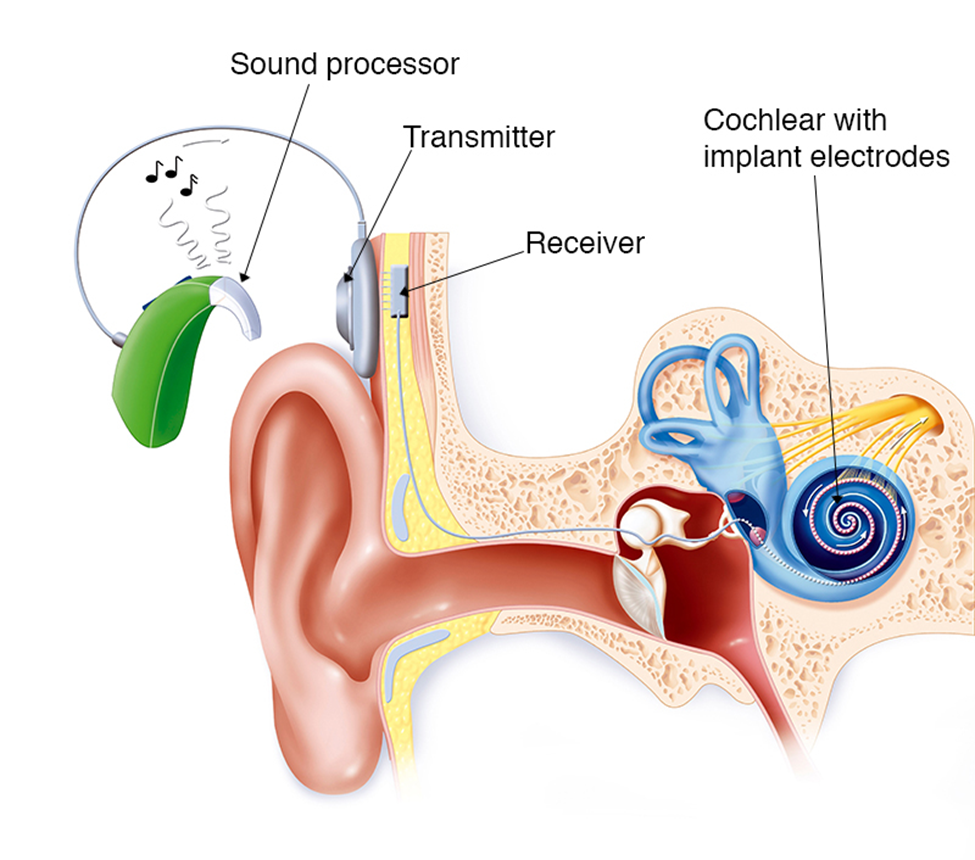Did You Know? Hearing Loss Could Increase Your Risk of Falling.
Exploring the Surprising Connection Between Balance, Falls, and Hearing Health
In the last five years, 4 Bridges Audiology owner, Dr. Courtney Guthrie, has continued to add services to become the most comprehensive audiology practice in the Chattanooga area. “The addition of evaluations for dizziness, balance issues, and vertigo has been the most beneficial to our patients. Prior to us starting this two years ago, patients had to drive to Knoxville or Nashville to get this type of test. It is a service that Chattanooga has needed for a long time,” said Dr. Guthrie. Dr. Dana Notaro joined 4 Bridges Audiology in May as the practice’s Vestibular Audiologist, focusing on helping patients find the relief they need from dizziness or vertigo and preventing fall related injuries.
“Most people do not realize that hearing loss isn’t just about missing out on conversations or not hearing your favorite shows. It could be affecting your balance, too. Untreated hearing loss can increase the risk of falls, especially as we get older,” said Dr. Notaro.
The Centers for Disease Control and Prevention (CDC) reports that falls are the leading cause of injury-related deaths in older adults. In fact, nearly 1 in 4 adults aged 65 and older will experience a fall each year. That's a huge number! And with hearing loss, your risk of falling increases significantly. Untreated hearing loss can raise that risk by up to 300%.
It’s more common than you might think, too—about 1 in 3 people over the age of 65 have some degree of hearing loss. And even if your hearing loss is mild, research shows that it can make you 40% more likely to fall. The severity of hearing loss only makes this risk grow.
But here’s the good news: we can do something about it.
4 Bridges Audiology and Safe-T Team Up to Help You Stay Safe
“At 4 Bridges Audiology, we’re working with Safe-T to address the increasing number of fall-related injuries here in the Chattanooga area. Together, we’re introducing a brand-new balance screening board, called BTrackS, that helps us assess your fall risk and vestibular health (that’s the system in your inner ear responsible for balance),” said Dr. Notaro.
This new screening is a game-changer because it looks at both your hearing and your balance, giving us a clearer picture of how your overall health could impact your risk of falling. With this screening, we can spot any potential issues before they lead to a dangerous fall and offer personalized advice to improve your safety.
Why Does Hearing Loss Affect Your Balance?
So why is hearing loss connected to balance problems? Your inner ear does double duty, it’s responsible for both hearing and helping you stay balanced. The part of your inner ear that processes sound also helps your brain understand your position in space, which is crucial for staying steady on your feet. When you lose some of your hearing, that system can get thrown off, making it harder to maintain stability, especially when walking or navigating uneven terrain.
When hearing loss and balance issues go hand in hand, the risk of falls goes way up. For older adults, falls can lead to serious injuries like fractures or head trauma, which can seriously affect your quality of life. The CDC reports that falls cause over 800,000 hospitalizations every year in the U.S., with hip fractures and head injuries being the most common and often with the most severe outcomes.
How Can Fixing Hearing Loss Help You Stay Balanced?
The great news is that addressing hearing loss can significantly improve your balance and reduce your risk of falling. A study published in The Journal of the American Geriatrics Society found that individuals who wore properly fitted hearing aids were less likely to fall compared to those who didn’t use hearing aids.
“Using hearing aids isn’t just about hearing better, it helps your brain process sound and balance signals more effectively. That means you’re more aware of your surroundings, which helps you stay balanced and steady on your feet. When you hear better, you’re less likely to be caught off guard by something in your environment, whether it’s a car coming or a change in the ground under your feet,” said Dr. Notaro.
What Can You Do to Stay Safe?
So, what can you do to protect yourself? The key is to be proactive about your health, especially when it comes to both hearing and balance.
“If you’re concerned about your fall risk, our new balance screening services at 4 Bridges Audiology can give you a solid understanding of your balance and how your hearing might be affecting it. With this screening, we can work with you to create a plan to reduce your fall risk and improve your overall health,” said Dr. Guthrie.
Don’t wait until a fall happens to take action. Now’s the time to make sure you’re doing everything you can to stay safe.
For more information or to schedule a balance screening, call 4 Bridges Audiology at 423-521-3277, or check out our website at 4bridgesaudiology.com. We’re here to help make Chattanooga a safer place for everyone!
Centers for Disease Control and Prevention (CDC). (2022). Falls among older adults: An overview. Retrieved from CDC.gov
National Institute on Deafness and Other Communication Disorders (NIDCD). (2020). Age-related hearing loss. Retrieved from NIDCD.gov
Lin, F. R., Ferrucci, L., & Metter, E. J. (2012). Hearing loss and falls among older adults in the United States. Archives of Internal Medicine, 172(4), 340-343.
American Academy of Audiology. (2021). Hearing loss and its impact on balance. Retrieved from audiology.org
Chien, W., & Lin, F. R. (2012). Hearing aids and falls in older adults. Journal of the American Geriatrics Society, 60(4), 698-700.












